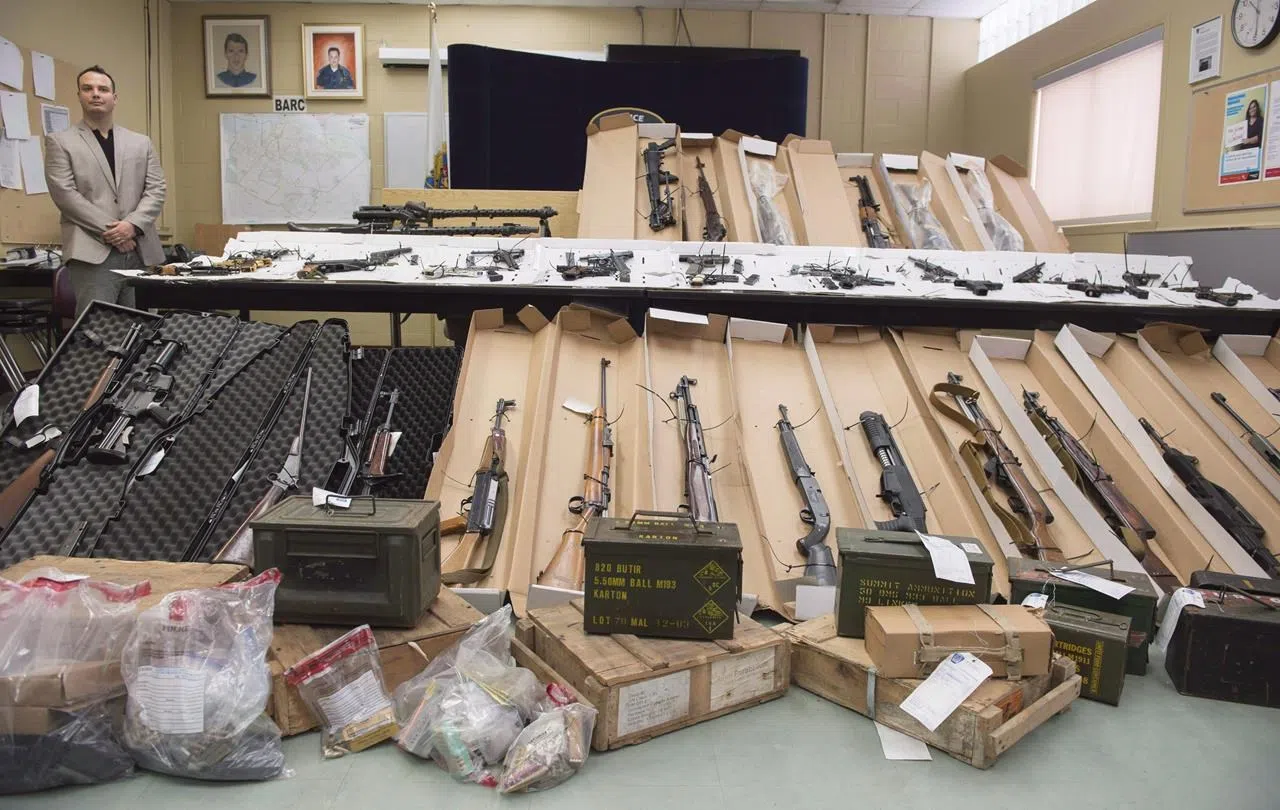
Illicit gun sales made to Canadians through dark web, Mounties warn
OTTAWA — Criminals are using the darker corners of the internet, hard-to-track digital currency and creative shipping techniques to sell illicit guns to Canadians, the RCMP warns.
The message comes as thousands of young people across North America demand an end to gun violence, and the Trudeau government moves to tighten laws on the licensing, sale and tracing of firearms.
The emergence of the darknet — the hidden depths of the internet accessible only through tailored software — is posing new challenges for authorities trying to tackle gun trafficking, said Rob O’Reilly, interim director of firearms regulatory services at the RCMP.
While police have shut down rogue online markets like Silk Road in recent years, others quickly pop up in the deepest realms of cyberspace, O’Reilly recently told a national symposium on gangs and guns.


